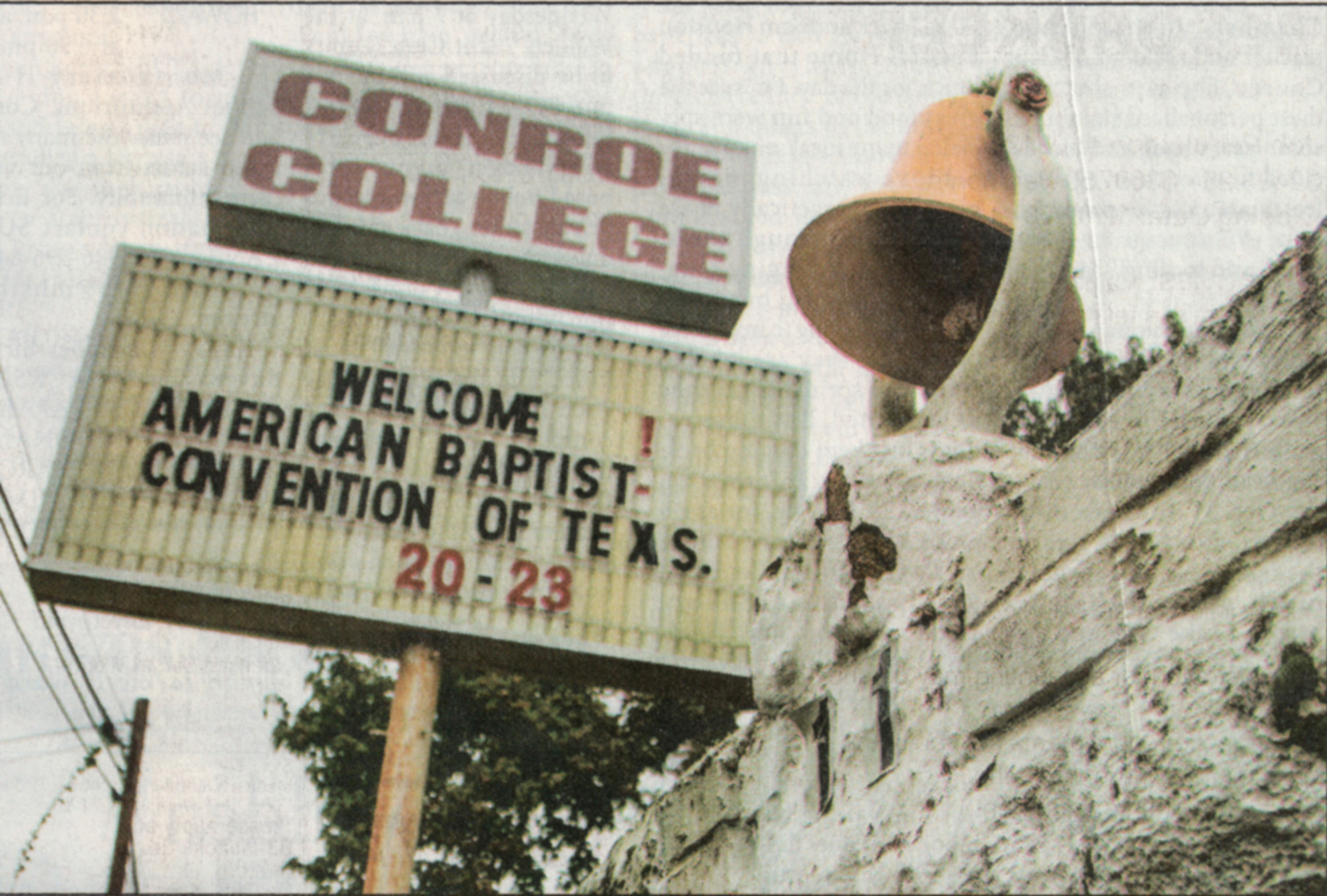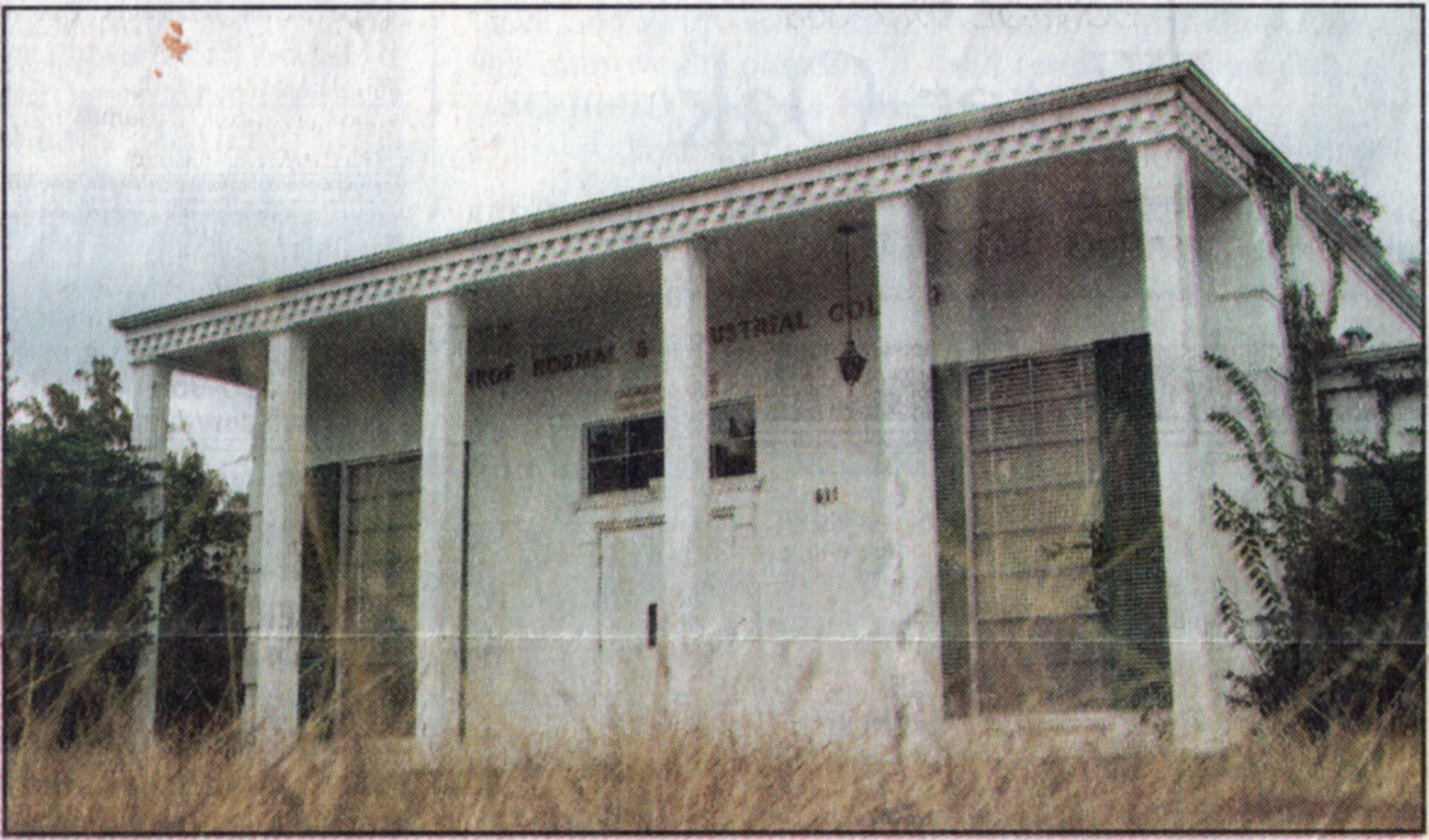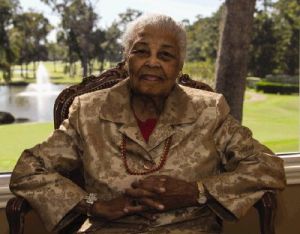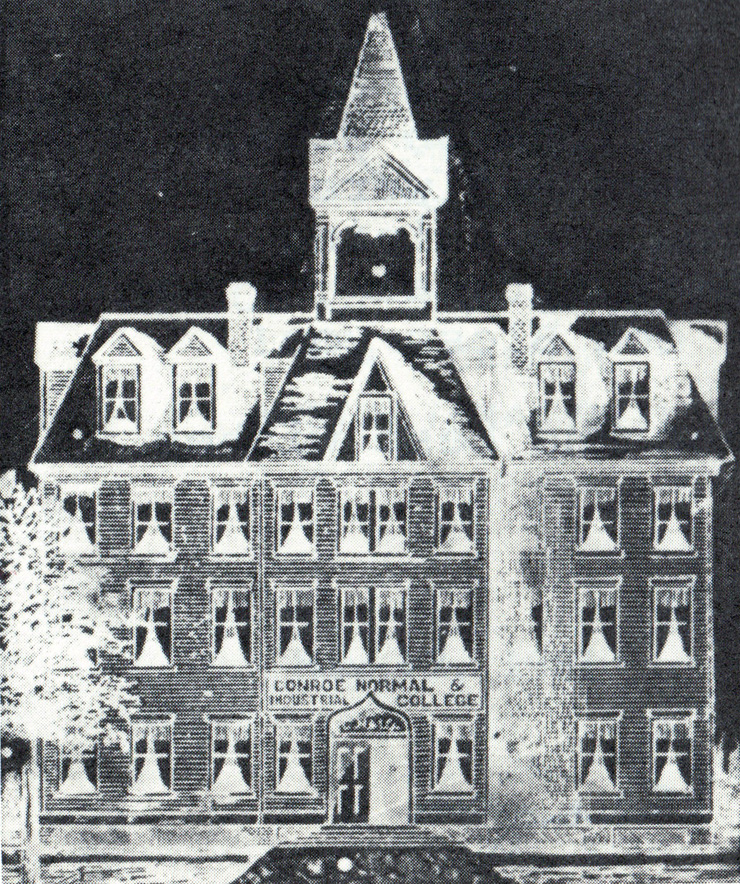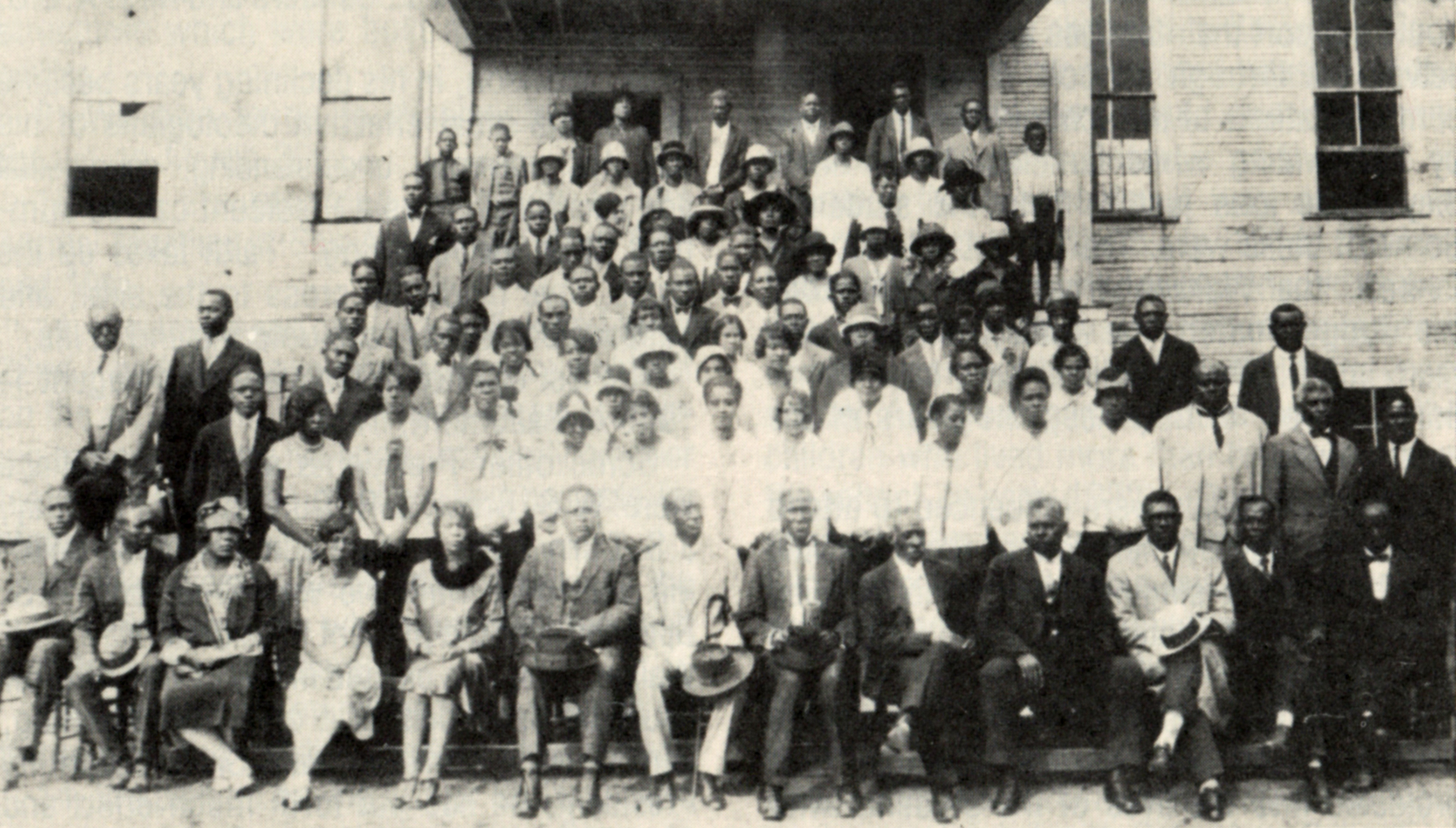
|
Conroe Normal & Industrial College
Advanced Education for African Americans |
|
|
|
|
In 1903 the Conroe
Normal & Industrial College, located off 10th Street, was
founded by Dr. Jimmie Johnson as an education institution to teach black
students during a time when segregation prevented integration in schools
and much of society. |
|
|
“Conroe was a much different place at the turn of the century than it is now,” said Montgomery County historian Larry Foerster. “The Conroe Normal & Industrial College was a respected Christian institution that attracted students fro throughout the state and across the country.” |
|
|
|
The founding of the school is especially remarkable considering the Conroe Independent School District was established in 1892. Educational opportunities for black residents were limited until Johnson was able to acquire seven acres of land with support and donations from black churches and organizations and contributions from community leaders – both black and white – to construct Conroe Normal & Industrial College. Additional land was acquired to increase the size of the facility to more than 100 acres. |
|
|
|
Lucille Bradley, who turns 100 on Nov. 16, was a foster child of the founder of Dr. Johnson and attended the school. In a living history video recorded by the Heritage Museum of Montgomery County, Bradley recalled the school provided education for black students beginning with elementary school. |
|
|
|
“I started there when I was 8 years old and continued through high school,” said Bradley. “The rules were very strict, but it was a wonderful school." Girls wore a blouse and black skirt; boys wore black suits. |
|
|
|
“There was no running water at the time so we had assigned times to go to the well and draw water,” she recalled. “But boys and girls were never allowed to mix at the well or in the cafeteria – they were very strict about that.” |
|
|
|
Bradley recalled walking to town and church on dirt roads back in the early 20s as they had no access to cars or buses. When not in classes, students were expected to work in and around to support Conroe Normal & Industrial College – boys in agricultural jobs, girls in administrative services at the school. |
|
|
An administration building and a dormitory for men were built. In 1913, the five-story building was destroyed by fire. After the destruction of this building, a two story building was erected which served as a chapel, dining room, kitchen and one classroom. A laundry house was built as well. |
|
|
|
Foerster pointed out that life in America was vastly different back then. In 1904, the population of Conroe was 1,109. Electricity was not available until 1906 – and then only on a limited basis to those that could afford it. |
|
|
|
“The college opened at least 14 years before Conroe opened its firs public school for black children – the Mittie J. Campbell School,” said Foerster. “The school would later become Booker T. Washington High School until desegregation.” |
|
|
|
Conroe native Rigby Owen Jr. said that it is remarkable that Conroe was home to not one, but two black colleges. In addition to Conroe Normal & Industrial College, Royal College was established here in 1927 to provide educational opportunities for black Americans. It was located on FM2854 near the site now occupied by Yancy Concrete in Conroe. |
|
|
|
Historian Dr. Robin T. Montgomery speculated that Conroe was the right place at the right time for these educational facilities to open and thrive. |
|
|
|
He noted that Isaac Conroe, the name sake of the town, was a former Union officer in the Civil Was and that John Wahrenburger and Alfred Beck – important civic and business leaders at the time – were supportive of helping the African American community by providing vocational training. The Christian values on which the schools were founded were highly popular at the time as well. |
|
|
|
It was also a time when Conroe had employment opportunities at area sawmills and later in the oilfields. Conroe was developing a reputation outside its borders – though the image was always favorable. There are some memories Bradley said she prefers not to speak about. |
|
|
|
Bradley said Conroe was not highly regarded in the early days – a rough and tumble environment that included racism and a lack of social refinement. But by the time of integration, in the late 50s and early 60s, Conroe Adapted much easier than anyone expected. |
|
|
|
“But things have changed so much,” said Bradley. “Conroe has become a wonderful community where everyone gets along and cares about each other – black, white, or brown, it makes no difference.” |
|
|
|
The Conroe Normal & Industrial College continued to offer educational opportunities, but with public schools and desegregation, support for the institution began to diminish. Enrollment began to slip in the 80s and regular classes ended. |
|
|
|
“The college was a wonderful institution,” said Bradley. “It was an Important part of Conroe history.” |
|
|
|
November 10, 2013 |
Vote Montgomery County TXGenWeb County of the Month
|
Montgomery County Texas Banner graphics were designed by and remain the property of Jean Huot Smoorenburg. If you are being charged to view/use any of this information or have questions or comments, please contact Jane Keppler. |
|
|
|
Copyright © 1997- present
- 2016 by
Jane Keppler.
This
information may be used by individuals for their own personal use,
libraries and genealogical societies. Commercial use of this information
is strictly prohibited without prior written
permission
from
Jane Keppler.
If material is copied, this copyright notice must appear with the
information and please email me and let me know.
Neither the Site Coordinators nor
the volunteers assume any responsibility for the information or material
given by the contributors or for errors of fact or judgment in material
that is published at this website. |
|
Page Modified: 18 October 2016 |
